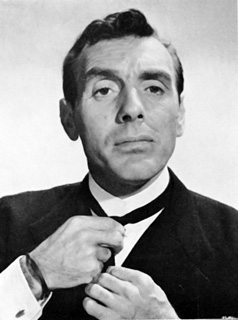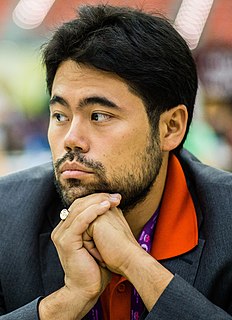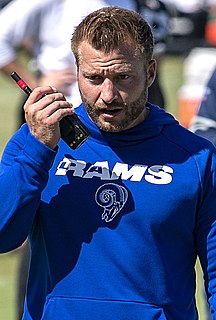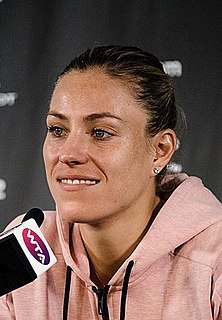A Quote by Anatoly Karpov
The first great chess players, including the world champion, got by perfectly well without constant coaches.
Related Quotes
It's interesting that the greatest minds of computer science, the founding fathers, like Alan Turing and Claude Shannon and Norbert Wiener, they all looked at chess as the ultimate test. So they thought, "Oh, if a machine can play chess, and beat strong players, set aside a world champion, that would be the sign of a dawn of the AI era." With all due respect, they were wrong.
The chess world is obligated to organize a match between the champion of the world and the winner of this Carlsbad tournament - indeed, this is a moral obligation. If the world of chess should remain deaf to its obligation, on the other hand, it would amount to an absolutely unforgivable omission, carrying with it a heavy burden of guilt.
I've got a lot of respect for a handful of coaches, and there's a lot of great stuff put out there on film. So, I always want to stay up to speed on those current trends and figure out if you can steal something that fits your players and your system. I'm certainly not afraid to steal from some of these great coaches.






























